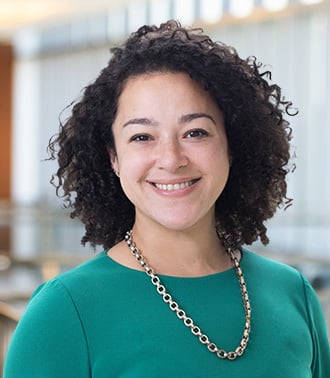Arnold & Porter Partner Stacey Halliday Leads Key EPR Discussions in a Two-Part ELI Webinar Series
Arnold & Porter is pleased to highlight partner Stacey Halliday’s leadership in two Environmental Law Institute (ELI) programs focused on the rapidly expanding field of Extended Producer Responsibility (EPR). As EPR policies continue to advance across states and industries, Stacey’s roles underscore the firm’s commitment to helping clients navigate emerging regulatory frameworks and lifecycle obligations.
On November 10, 2025, Stacey served as Co-Facilitator for a virtual introductory program entitled “Understanding the Basics of Extended Producer Responsibility in the United States.” The session provides a clear foundation in EPR fundamentals and examines foundational concepts, state-level legislative trends, producer responsibilities, and the role of EPR in broader circular economy and sustainability initiatives.
Additionally, Stacey co-facilitated a companion program, “Extended Producer Responsibility Across Industries,” on November 17, 2025. Stacey brought together experts from industry, government, and NGOs to discuss how EPR frameworks are evolving across various sectors, including packaging, electronics, textiles, and batteries. Panelists explored implementation challenges, policy drivers, and practical compliance strategies.
These two programs reflect the growing momentum behind EPR nationwide. Stacey’s leadership demonstrates Arnold & Porter’s deep engagement in helping clients understand and prepare for complex product stewardship and lifecycle-management obligations.
For more information on these programs, please visit the two links below.
Extended Producer Responsibility Across Industries | Environmental Law Institute
For further information regarding EPR and sustainability needs, please do not hesitate to contact us with any questions.
© Arnold & Porter Kaye Scholer LLP 2025 All Rights Reserved. This Blog post is intended to be a general summary of the law and does not constitute legal advice. You should consult with counsel to determine applicable legal requirements in a specific fact situation.

